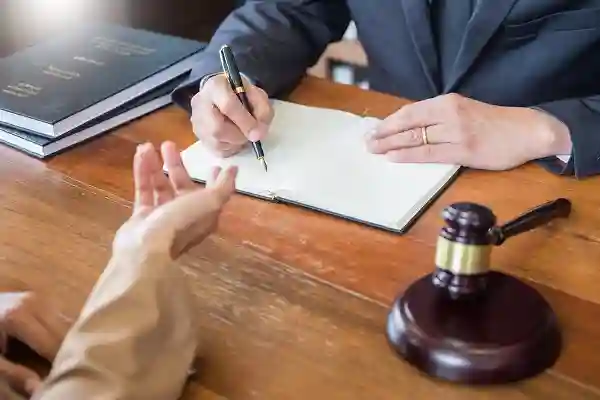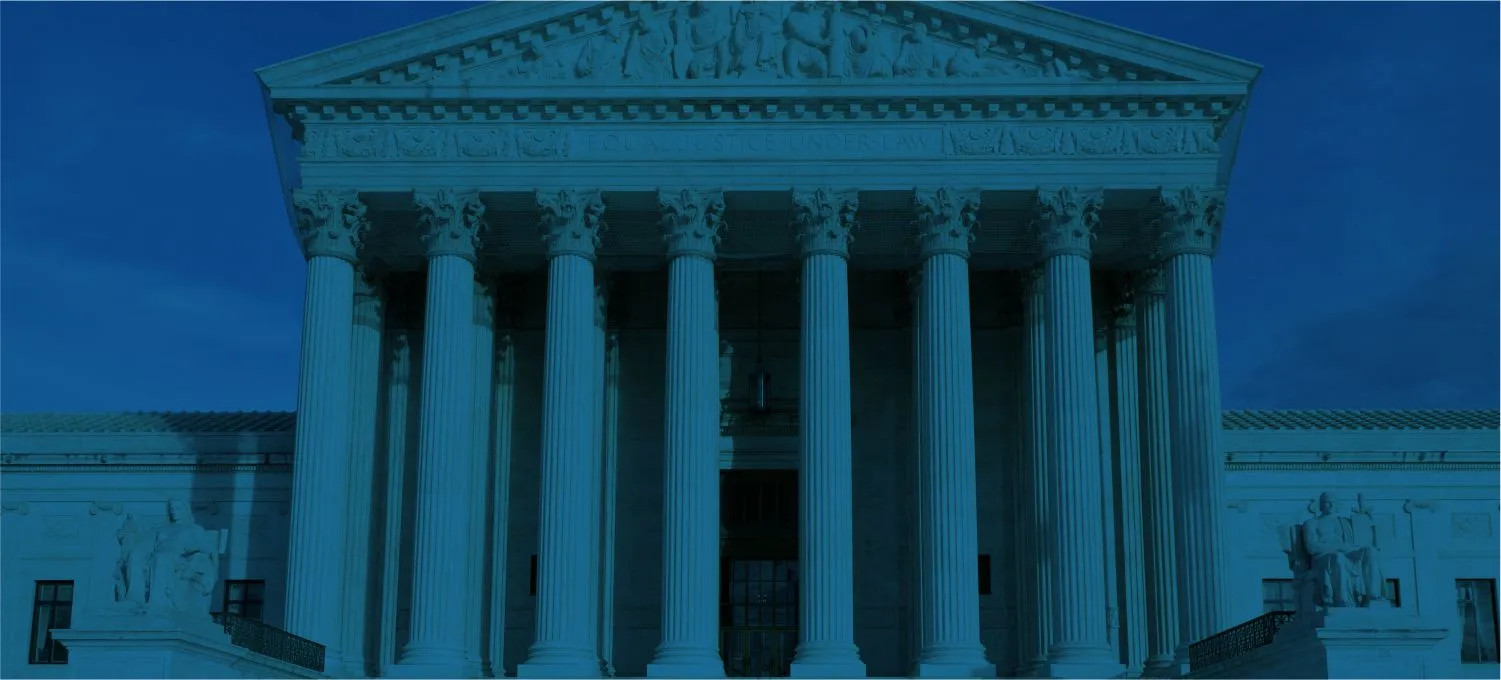Ejectment Lawyer Philadelphia
Call: (215)-799-9990
Eviction actions arise out of disagreements between landlords and tenants, and can be filed in both county and circuit courts. However, what happens in scenarios where the person occupying the estate-owned property is not a tenant of the property? In these situations, ejectment is the proper cause of action. Pennsylvania law permits for a legal action known as an ejectment to remove a non-rent paying occupant in your home, who has not signed a lease and has to title to the property. Many times, this involves a person who you have asked to live in your home and who refuses to leave when asked.
Many Philadelphia landlords and landowners know about Eviction proceedings through Philadelphia’s Municipal Landlord-Tenant Court. However, did you know that not everyone can be evicted through this form of proceeding? In the event that you purchased a home that has someone living in it or let someone live at your property that refuses to leave, you may not be able to evict them through Landlord-Tenant court. These people are often referred to as “squatters.”
Filing an Ejectment action is a highly technical process that requires knowledge of the law and civil procedure. That is why it is recommended that you hire an experienced and competent attorney to assist you in your ejectment action.
What Is the Difference Between Eviction and Ejectment?
Most often people are confused as to when they’d have the right to evict someone versus when they have the right to eject someone. The key difference is whether or not the Plaintiff has an immediate right of possession.
In ejectment actions, the person residing in the property has no lawful right to possession of the property. This means they do not own the property, do not have a lease to rent the property, and/or do not have any legal right to the property. In Ejectment actions, the Plaintiff has an immediate right to regain possession of the property.
 In eviction actions, the landlord does not have immediate right to possession. The tenant has the right to possess the property until his contractual lease is terminated. It is important to understand that just because the tenant breached his lease (either by failing to pay rent or by violating a rule in the lease), they do not lose their right of possession until their contract is rescinded and/or terminated.It is also important to note that Philadelphia’s Landlord-Tenant Court does not have jurisdiction over “squatters.” If you file for an Ejectment with Landlord-Tenant Court, the case will be dismissed and you will have wasted your valuable time and money.
In eviction actions, the landlord does not have immediate right to possession. The tenant has the right to possess the property until his contractual lease is terminated. It is important to understand that just because the tenant breached his lease (either by failing to pay rent or by violating a rule in the lease), they do not lose their right of possession until their contract is rescinded and/or terminated.It is also important to note that Philadelphia’s Landlord-Tenant Court does not have jurisdiction over “squatters.” If you file for an Ejectment with Landlord-Tenant Court, the case will be dismissed and you will have wasted your valuable time and money.
How Long Does It Take To Eject a Squatter?
The eviction process in Philadelphia moves fairly quickly. Usually, once you file to evict a tenant, they schedule the hearing in approximately three weeks, and the process begins moving. Unfortunately, the Ejectment process is not so quick.
Ejectment actions are filed in the Pennsylvania Court of Common Pleas. To get started, the Plaintiff must file a Complaint and have it served. Depending on the actions of the Defendant, obtaining an order for Ejectment can take as little as a month to as long as a year. Don’t let this shock you. If the Defendant truly has no right to the property, Ejectment cases can be handled in a few months. However, it is important you understand that this process does not happen overnight, and requires technical knowledge of the rules of procedure and the law.
Why Do I Need an Attorney?
At The Law Offices of Greg Prosmushkin, P.C. our experienced attorneys have handled countless Ejectment actions in Philadelphia and the surrounding counties. We are familiar with what needs to be done to handle the process expeditiously, and get your property back in your hands. If you need someone to fight for you and to help you get your property back, call The Law Offices of Greg Prosmushkin, P.C. today at (215)-799-9990.







